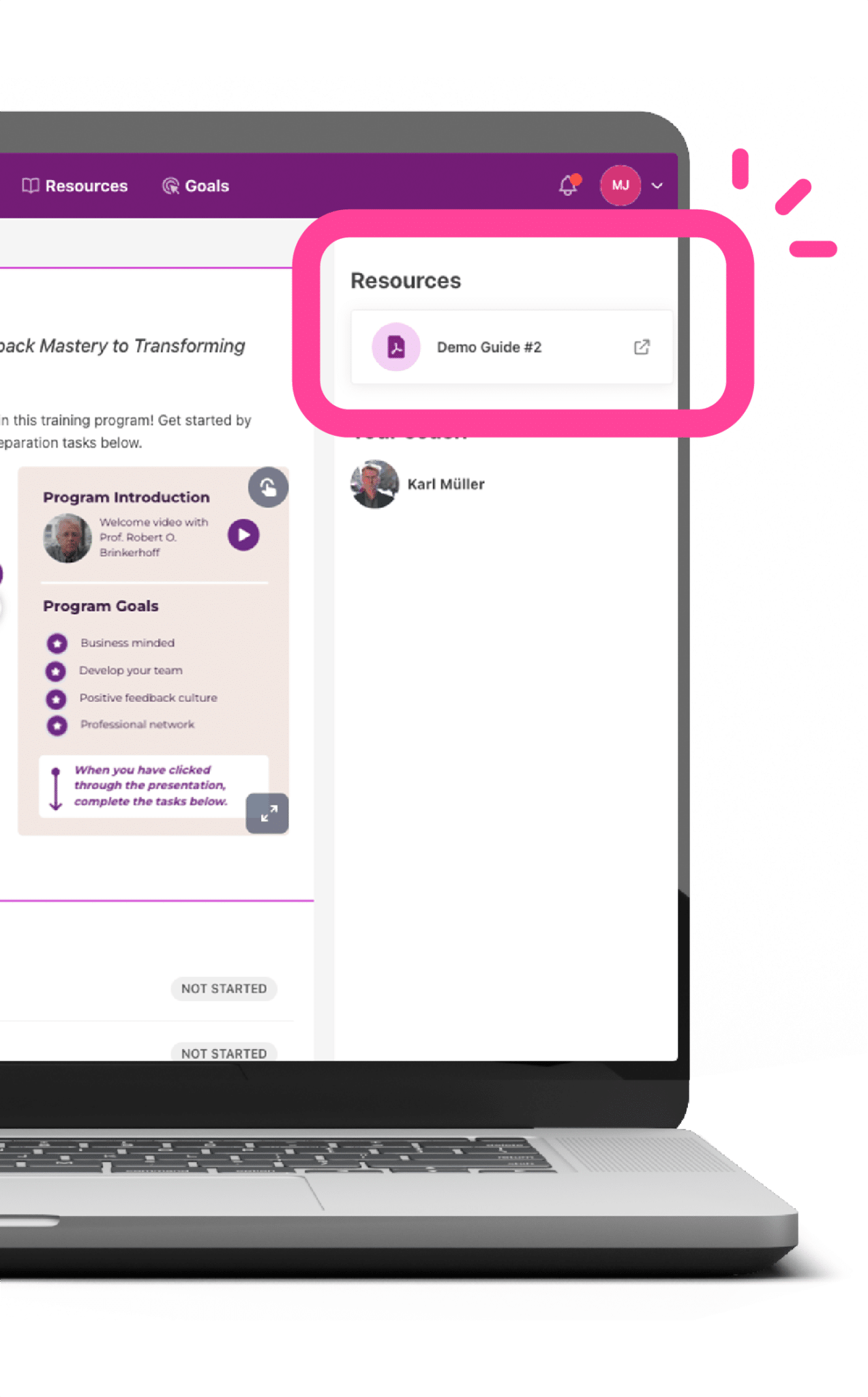For decades the research has shown and the professional Learning and Development community have intuitively known that supervisor engagement makes a difference to training transfer. Or to be more specific, if a training participant’s supervisor is actively engaged and supportive before and after a learning initiative, then the transfer of learning to on-job performance (training transfer) is likely to significantly increase.
However, what has been less clear is EXACTLY what a training participant supervisor should be doing to make the BIGGEST difference. What are key types of support that supervisors should provide trainees? We (the professional L&D community) have become used to and comfortable talking in catch-all terms like ‘supervisor support’ that – when you get right down to it – are not terribly illuminating for us as instructional designers or helpful to those participant supervisors who are relying on us for guidance. By studying more closely the full spectrum of ways in which a supervisor might support a training participant, it should be possible to find more nuanced ways for supervisors to support their trainees and thereby increase the degree of training transfer and business impact from our training initiatives.
The new study
This was the premise for a recent study Promote International conducted in collaboration with a team of leading researchers; Brian Blume (University of Michigan-Flint), J. Kevin Ford (Michigan State University), and Jason Huang (Michigan State University). Directly after the training intervention, training participants were asked to complete a survey asking them about their motivation to transfer the training. A second (delayed) survey administered a few weeks later assessed the trainee’s perceptions of their training transfer and level & type of support they received from their supervisor. A third survey was administered to participant supervisors asking them about the type & level of support they gave their trainee, as well as their rating of the trainee’s transfer of training. The study gathered 394 survey responses from training participants and 38 supervisors across 4 different companies and nearly 50 training programs.
Different types of supervisor support
Before we get to the findings let’s take a closer look at the types of supervisor support the study considered. In order to assess what kind of supervisor support had the most influence on training transfer the surveys included specific items that captured three types of support that a supervisor can provide a trainee;
- Direct or Behavioral Assistance – Instrumental and appraisal. Requires behaviour from supervisor (beyond verbal interaction) or deeper investment/involvement in two-way communication/ interaction to effectively set goals and give feedback.
- Guidance – Information, explanation, advice, guidance; but more of a general nature (e.g., verbal exchange) than getting deeper into goal-setting and giving specific feedback related to transfer attempts or behaviours, which would require more ‘hands-on’ actions related to the training.
- Emotional Support – encouragement; affective expression; empathy
The results – so far
So, what have we learned so far? Results showed some backing for thinking about supervisor support in terms of the three types conceptualized above. However, perhaps more interesting was the fact that results showed that the three types were highly correlated. This suggests that trainees could not or did not differentiate much between these three types of support, and/or that supervisors who were rated high in providing one type of support were also very likely to be rated high in providing the other types of support (or vice versa, those supervisors that trainees rated as low-to-moderate on one of the support dimensions, also were rated low-moderate on the other support dimensions).
In addition, a regression analysis of the data indicated that trainees’ overall level of supervisor support had a larger impact on their training transfer than their reported motivation to transfer. This indicates that supervisor support is a key to training transfer and suggests that all three types of supervisor support can be important to facilitate transfer.
The findings of the study are still somewhat tentative due to limited supervisor responses. However, we have learned enough from this first phase to further explore how these three types of support might be combined and optimized to maximize training transfer.
